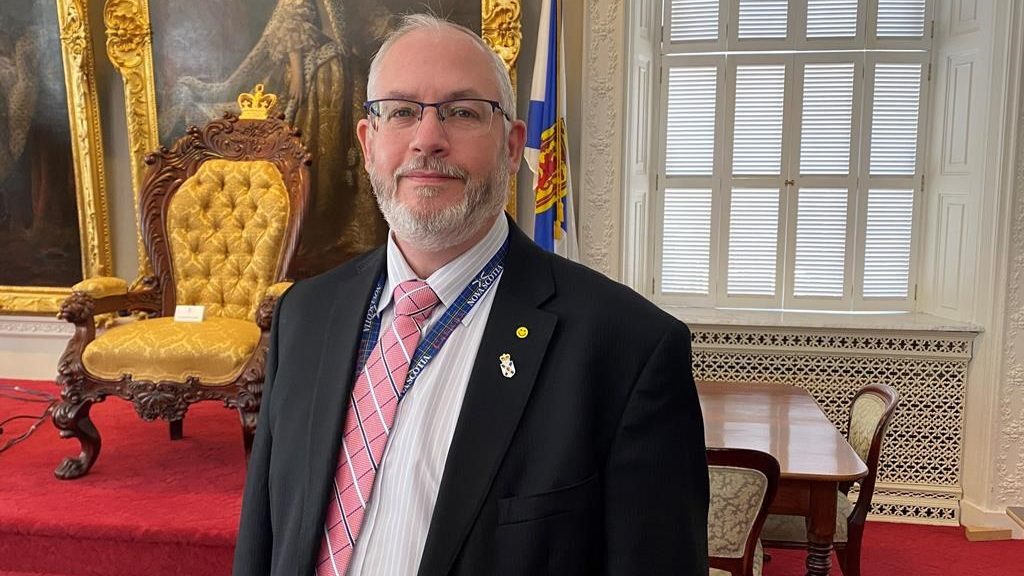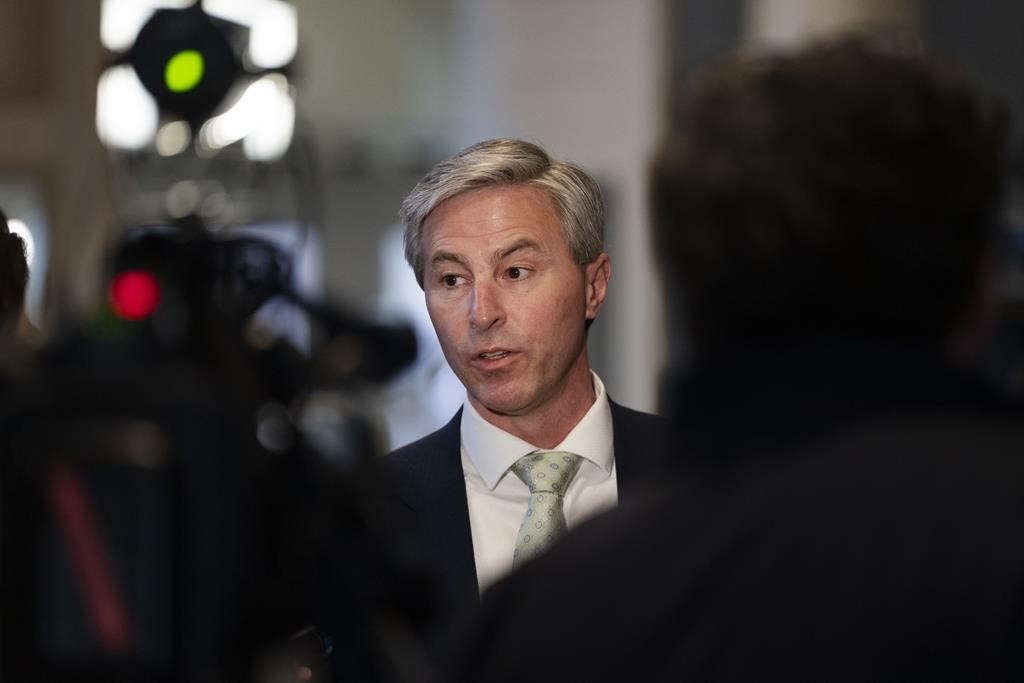Questions and answers about executive privilege
Posted Jan 17, 2018 07:33:47 PM.
Last Updated Jan 18, 2018 02:40:16 AM.
This article is more than 5 years old.
WASHINGTON – Presidents since George Washington have resisted congressional requests for documents and the testimony of administration officials by asserting a power known as executive privilege. Executive privilege is the president’s power to keep information from the courts, Congress and the public to protect the confidentiality of presidential decision-making.
Steve Bannon’s refusal to answer questions from a congressional committee about his time working for President Donald Trump is raising new concerns that the White House is trying to control what current and former aides tell Congress.
Here are some questions and answers about the extent of executive privilege, and its use in recent administrations.
Q. What is executive privilege? Is it written in the Constitution?
A. The privilege to withhold documents and prohibit aides from testifying rests on the proposition that the president has an almost unparalleled need to protect the confidentiality of candid advice that goes into presidential decision-making. There is no reference to executive privilege in the Constitution, but the Supreme Court has held that it derives from the president’s ability to carry out the duties he holds under the Constitution.
Q. Are there limits to the invocation of executive privilege?
A. Yes, there are. Courts have not had much to say about executive privilege, but in the 1974 case over President Richard Nixon’s refusal to release Oval Office recordings as part of the Watergate investigation, the Supreme Court held that the privilege is not absolute. In other words, the case for turning over documents or allowing testimony may be more compelling than arguments for withholding them. Indeed, in that context, the court ruled 8-0 that Nixon had to turn over the tapes.
Q. Who has the final word when the president or an aide called to testify invokes executive privilege?
A. When it came to the Watergate tapes, the Supreme Court said it had the final word, and lower courts have occasionally weighed in to resolve other disputes. But courts have also made clear that they prefer the White House and Congress resolve their disagreements without judicial intervention, when possible.
Q. How frequently does the executive branch claim the privilege?
A. Not often, in recent administrations. The most recent court case involving claims of executive privilege was over Congress’ effort to force the Obama administration to release documents pertaining to a failed law enforcement program called Operation Fast and Furious. The administration claimed the documents should remain confidential, but a federal judge ordered them turned over to a House committee in 2016.










